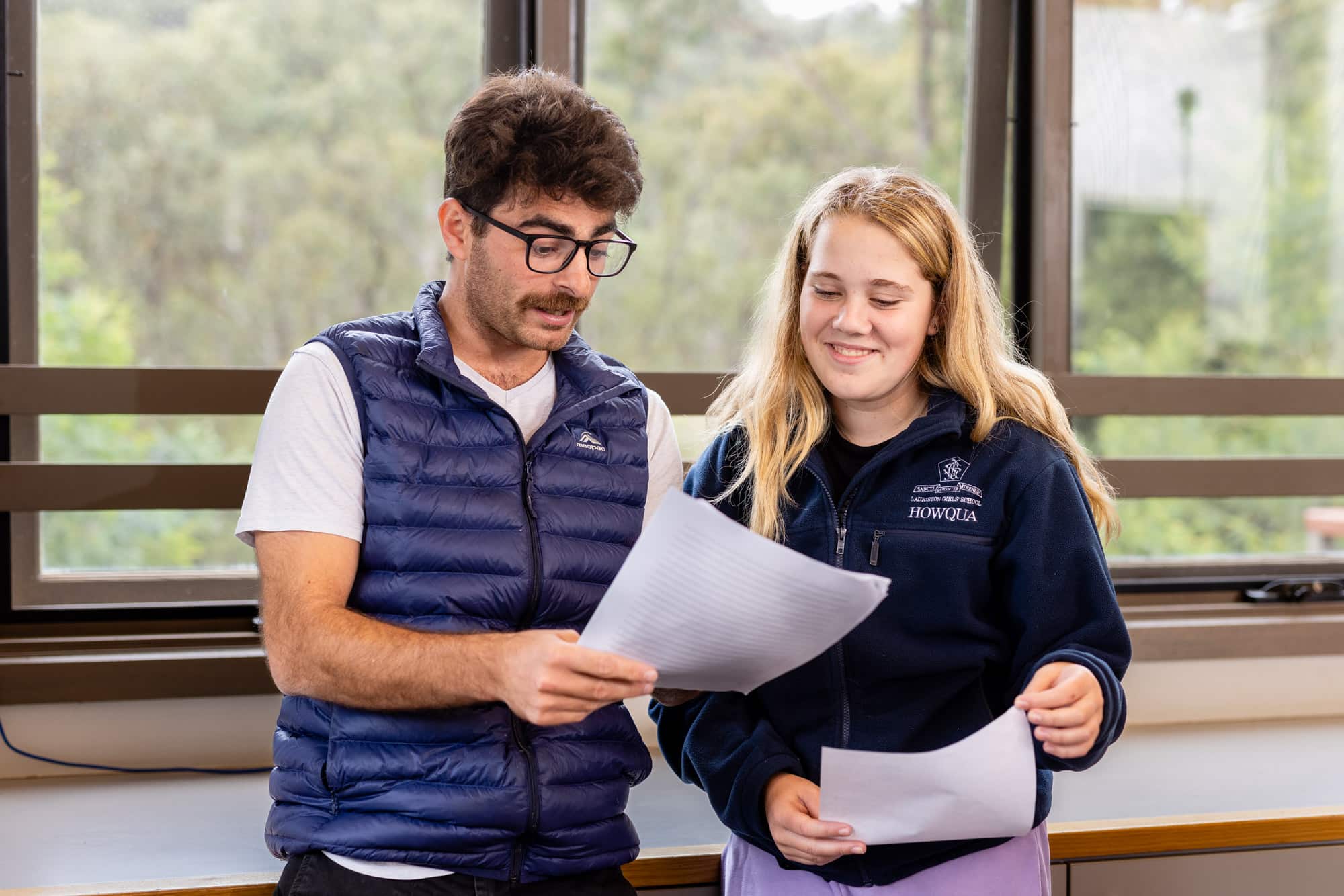The Role of Howqua Today – 30 Years of Experiential Learning
“A mind that is stretched by a new experience can never go back to its old dimensions. – Oliver Wendell Holmes
When the Howqua campus was established 30 years ago, the concept of a rural campus for Year 9 students was justified on the following educational pillars:
- The development of self-confidence and self-reliance
- Creating awareness of the environment
- Learning the importance of teamwork
- Learning to live away from home
- Learning to cope with the physical and character demands of living and working in the bush
- Meeting a variety of new challenges
- Research and learning from primary resources.
Research on girls’ participation in experiential and outdoor programs reinforces the importance of the Howqua program in supporting our girls as they develop a strong sense of self and confidence in their ability to step out of their comfort zone and participate in a broad range of physically and mentally challenging activities. Whittington and Mack (2010) highlight that girls develop physical courage through undertaking physical activities which they may not have tried before and inquisitive courage which is developed by encouraging girls to ask questions and be curious about the human and natural world which fosters scientific skills. The authors note that through participation in a short-term adventure-based experiential education program in Seattle, USA, the girls were able to step out of their comfort zones and be brave in trying something new.
The ability to enjoy new experiences forms a fundamental part of the Lauriston journey and encourages life-long learning, and this is particularly evident in the Howqua program. At the Howqua campus, our students participate in experiential learning which involves learning in the classroom, the Outdoor Program and within the social setting of a residential community.

A Sequential Program
Over the course of the year, the Outdoor Program and the Fitness Program are sequential, considering that students will incrementally build their outdoor skills, just as they will build their levels of physical fitness. Like the academic curriculum, outdoor activities are scaffolded for the students and there are opportunities to revisit activities and build on skills and attributes established in the first semester of the year.
In the same way, being immersed in a residential community where they do not have access to personal digital technologies, means that students will have time to practise their social skills, develop meaningful relationships with their peers and teachers and face adversities in which their resilience will be further developed. Learning to communicate through face-to-face conversations and letter writing supports students in understanding their responsibilities as a friend, house mate and member of a family.
There is value in continually adding layers to the initial building blocks which are laid in the first semester and in returning to activities which may not have been mastered initially. This is part of the process of learning in that we reflect upon how far we have come, learn from our mistakes, and demonstrate a willingness to try again.
The Student’s Role in Experiential Learning
- Learning experiences within the Howqua program promote the values of communication, critical thinking, respect for self and others and learning to take responsibility.
- Within the program, students are given House and campus responsibilities, as well as responsibilities when they are on Outdoor Program; the intention is to create an environment in which they hold themselves and others accountable.
- Living in a residential community and participating on Outdoor Program provide environments for the development of care and compassion. Students learn to look after the physical wellbeing of themselves and others, including their teachers. Students strive to be accepting of different personalities, values and backgrounds.
- Students become active participants in the construction of knowledge, and they are asked to take initiative in their varied learning environments, using the expertise of their teachers, the cognitive and social/emotional skills of their peers, as well as their own.
- Students learn to reflect on their experiences in the classroom, Outdoor Program and being a member of a residential community and as a result, they are more able to articulate their own learning.
- Through experiential learning, students develop the ability to creatively problem solve and, as such, develop essential skills in readiness for today’s world.
The Teacher’s Role in Experiential Learning
The relationships teachers establish and build with their students is the foundation of a residential community. The Howqua teachers walk alongside the students during the Howqua year, participating in all aspects of the program.
The teacher’s role is one of creating meaningful experiences appropriate for the various environments in which learning takes place at Howqua. The teachers are role models who influence the experiences of the students by the way they react, respond and take actions in the various settings in which they find themselves, whether this is in the classroom, through their participation in the Outdoor Program and Fitness Program or in their capacity as House Tutor.
Teachers use a variety of practices within the various settings in which learning occurs. Teaching practices used by teachers in experiential learning include:
- Creating authentic learning experiences which have relevance to the lives of the students. Students reflect on their learning and the reasons for their participation in activities. The students gain intrinsic and extrinsic rewards from their participation in learning activities.
- Providing learning experiences that address social, physical and emotional development, as well as cognitive development. Given the active nature of many learning experiences, the students have many opportunities to practice the process required for problem-solving.
- Challenge-based and problem-based learning is used to encourage independence, creativity and resilience. Students are challenged to find solutions to problems; test hypotheses, fail well and reflect on the process of learning.
- Creating activities that provide opportunities for students to experience what it is like to engage in specific situations, such as participating in an overnight hike, or taking samples of water from the Howqua River. Students are asked to draw upon these experiences and their teachers guide them through a process of thinking about what they have experienced to build understanding. Teachers draw both on the experiences students bring with them to the program and those that are shared in the program.
- Connecting learning experiences with future opportunities. Students develop memories, skills and knowledge that will be useful to them in the future. There is a focus on scaffolding learning, so that students build on their knowledge and understandings from previous learning experiences. The formal processes used in asking students to reflect on their participation and the roles they played in activities is intended to help students to transfer their learning to future endeavours.
The 30 Year Evolution
The Howqua program has evolved over the last thirty years to meet the changing needs of our students and to reflect the growing body of research now available on adolescent development, learning and outdoor education. The pandemic, climate change and the future sustainability of our environment have also informed some changes to the program and its intentions.
While the Howqua program has always given attention to the personal growth of the students, there is now a greater emphasis placed on enabling the girls to focus on their personal identity and their discovery of themselves and others. We aim to support them as they develop self-confidence and resilience, but we also support their awareness of and care for the needs of others. We believe that living in a residential community which includes peers and teachers supports the development of a sense of belonging and an understanding of their personal responsibilities within a community.
Connection with nature and environmental stewardship are terms which often appear in research on Outdoor Programs which have some similarities to our own. In summary, if we are to flourish as individuals, we need to have a meaningful connection with the natural environment which sustains us. I believe that our girls should develop a strong sense of place when they travel through the Victorian High Country and reside on our own Howqua campus. Through spending time in natural environments there is a greater understanding, I believe, of the value we should place on caring for nature and understanding how incredibly fragile it is.
Building Life Skills
Ultimately the Howqua program strives to develop skills and attributes for life. We consider such skills and attributes to be quite broad. We strive to enable the girls to build resilience, independence and self-confidence. We strive for each girl to establish her own voice which is both the ability to communicate in a variety of different settings and situations, but also the confidence to speak for herself, through offering her ideas and opinions, and responding to the different views which others may hold in a respectful manner.
The Howqua program is a defining feature of the education we provide at Lauriston. The outcomes we strive for are quite complex in that they are about supporting our girls to build skills and attributes for life. These skills and attributes will continue to develop when our students return to the Armadale campus and some of the important life lessons learned at Howqua may not be fully understood and articulated by our students until they leave Lauriston and have a broader range of life experiences.
It was a brave decision in the early 1990’s to purchase land, plan the Howqua campus and establish the program. I use the term ‘brave’ because the Howqua program was as unique then as it is now, and this requires stepping out of one’s comfort zone to be innovative in the education provided to our girls at Lauriston. When I speak with our post-Howquarian students, I am consistently struck by the sense of self, connectedness and self-confidence they demonstrate, among many other skills and attributes we strive for at Howqua, and that they continue to master on their educational and personal journeys.
Susan Just, Principal
SHARE THIS ON

